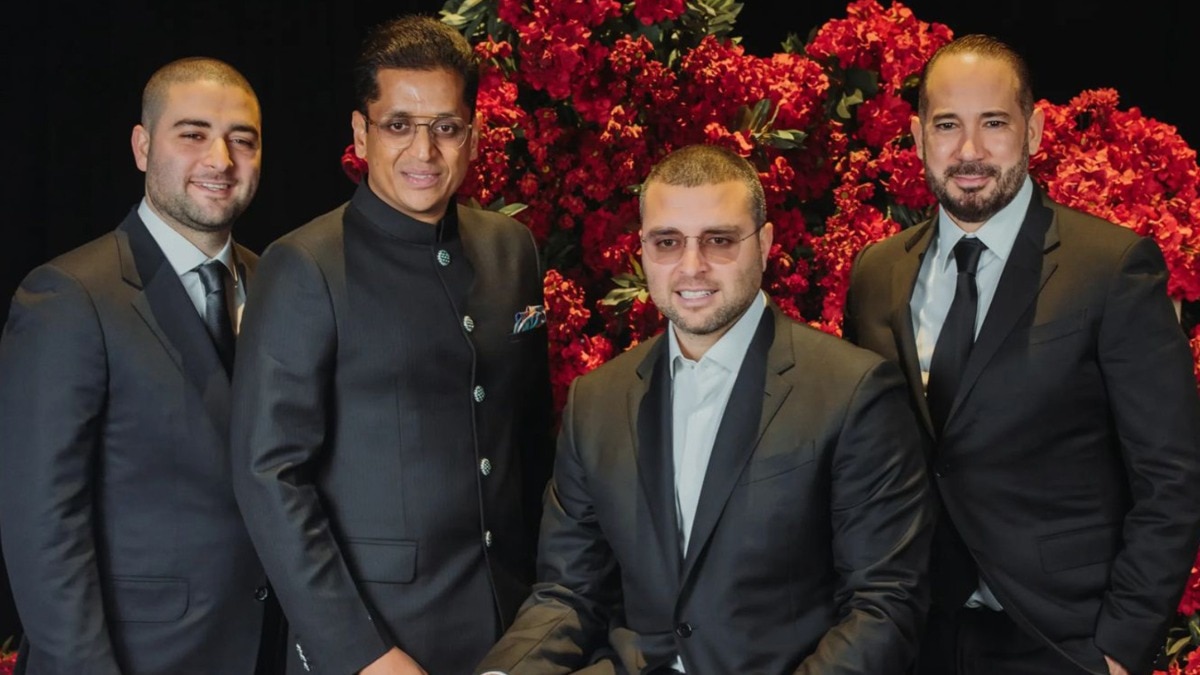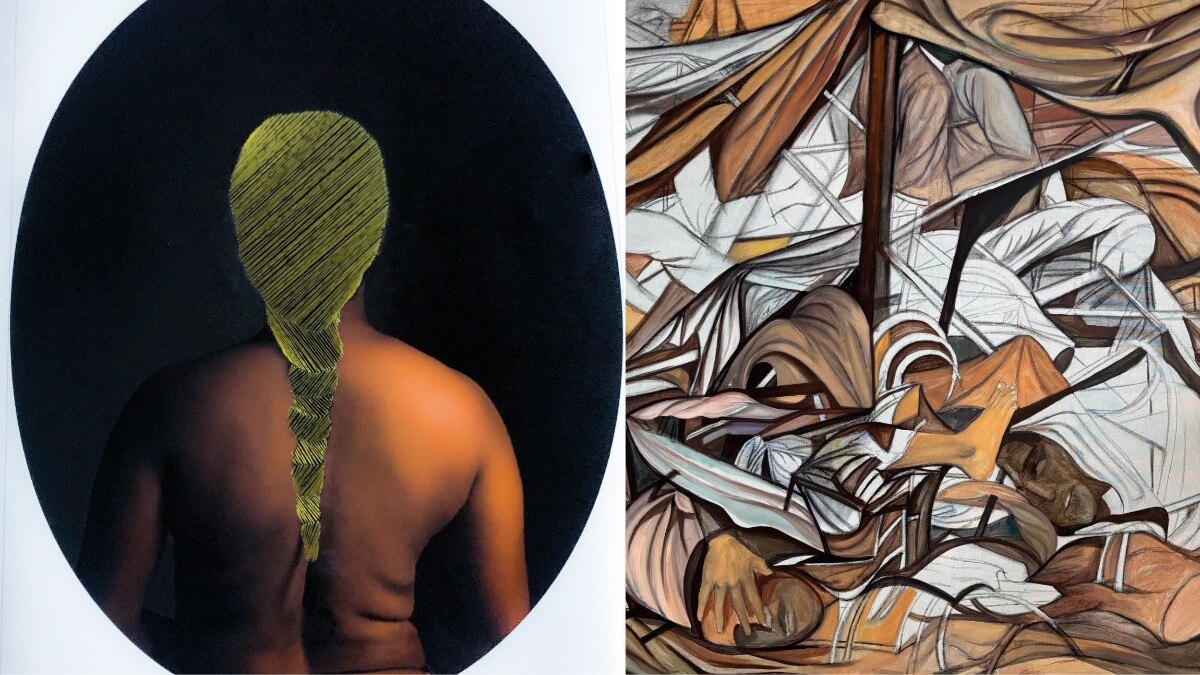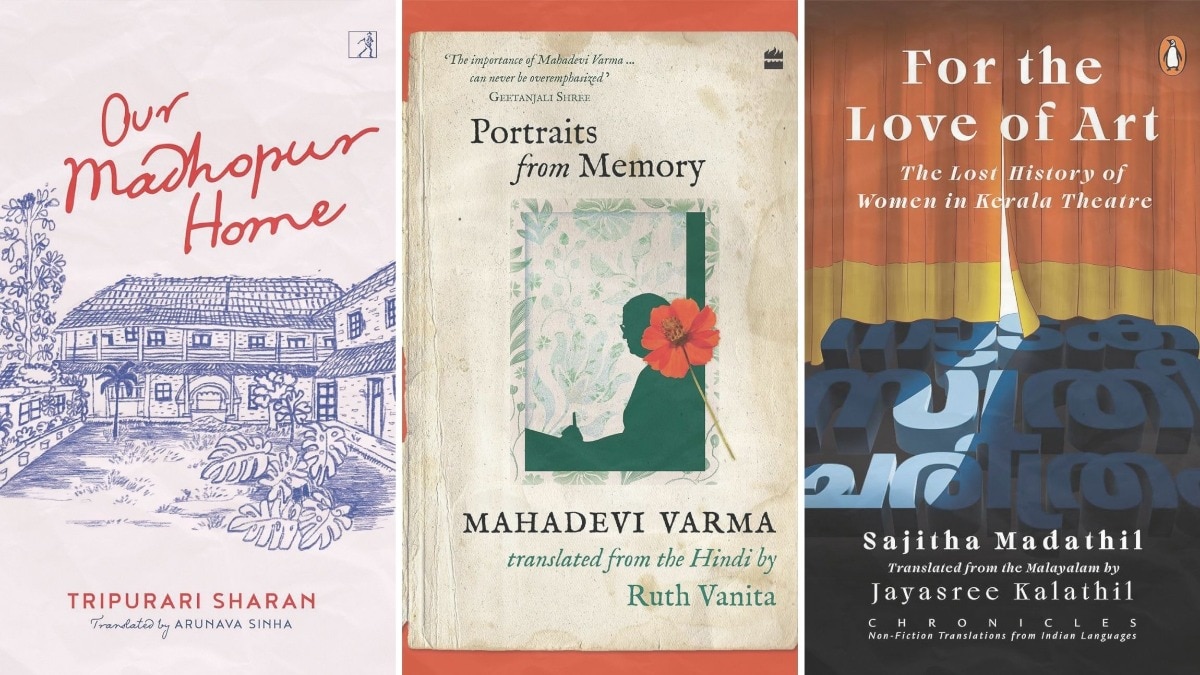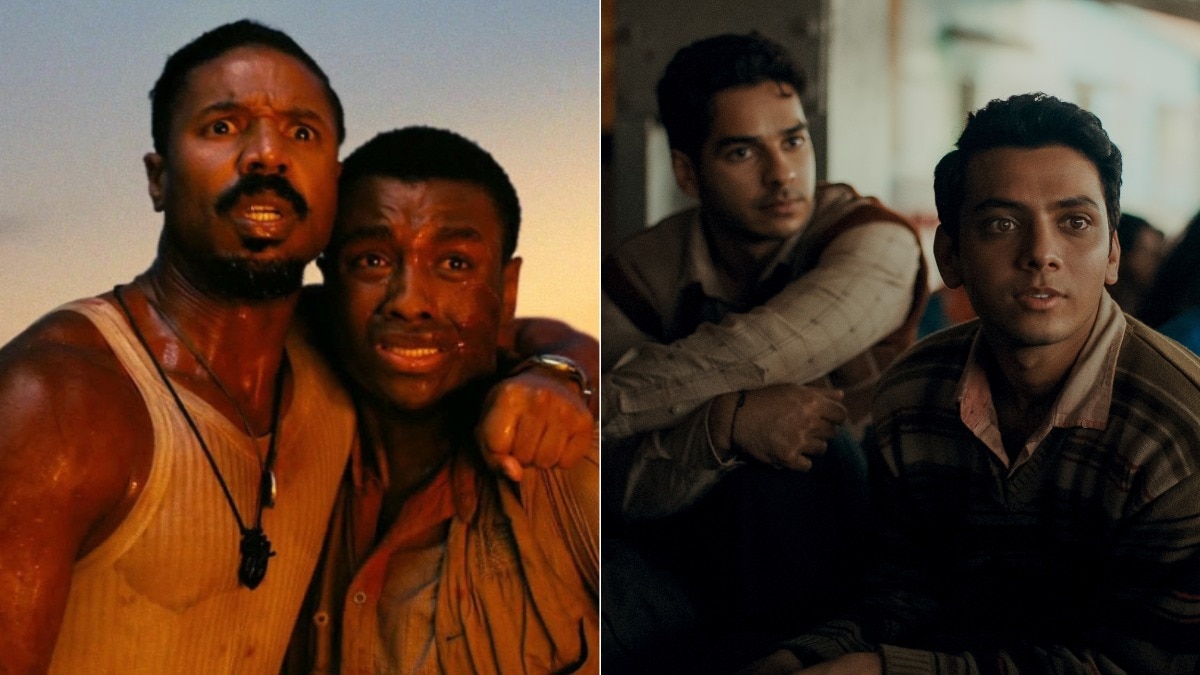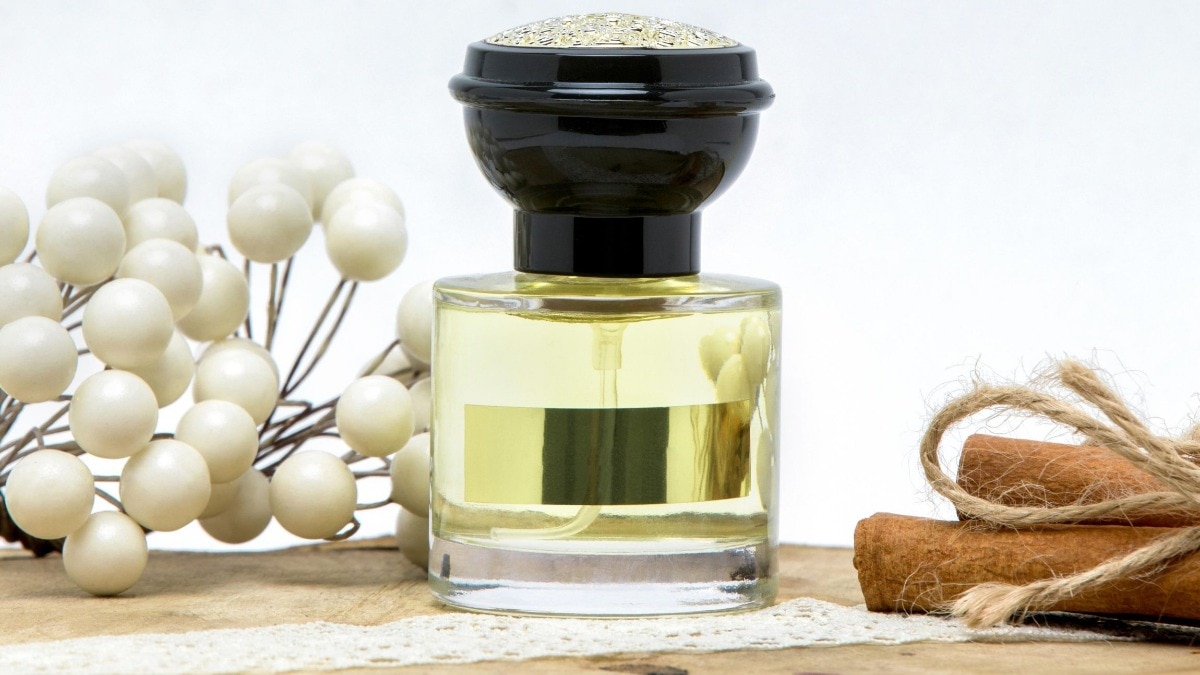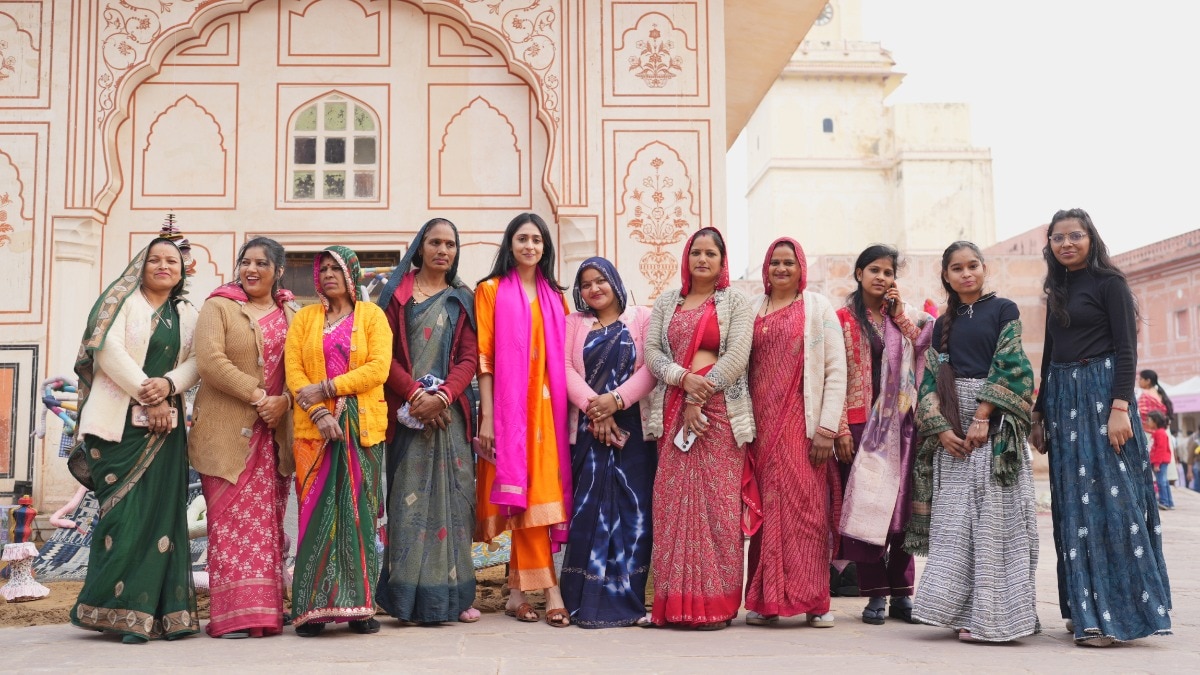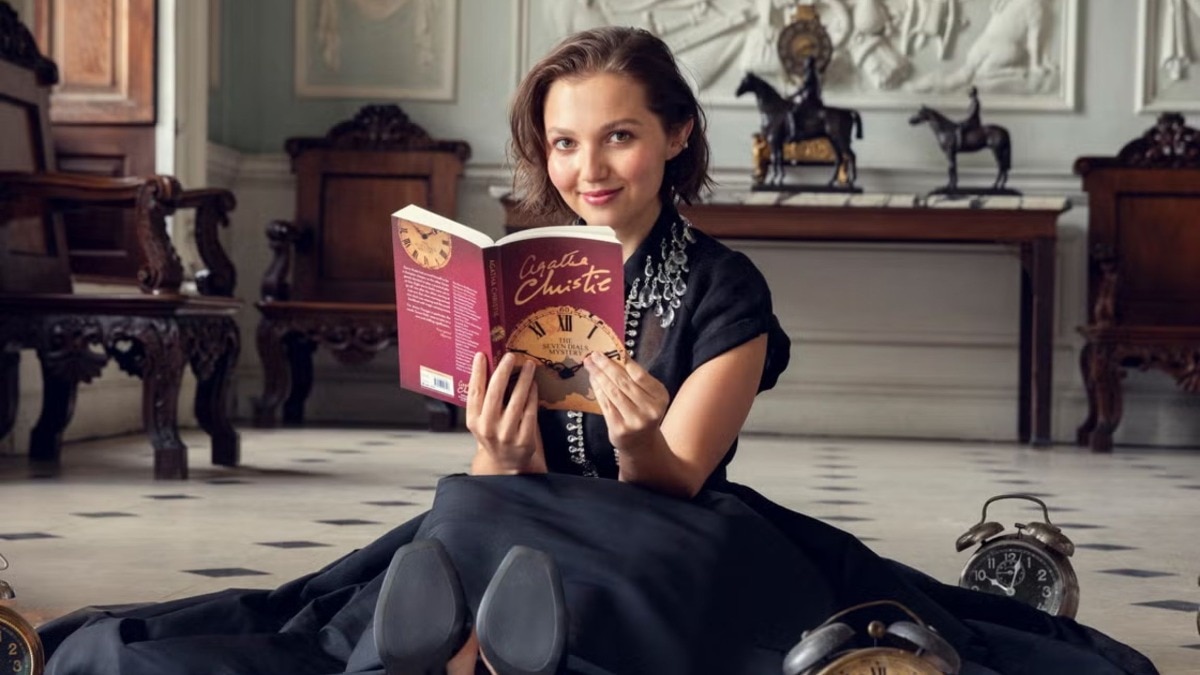
“How do we make life as rich and full and beautiful as we possibly can?” Rachel Clarke on winning the 2025 Women’s Prize for Non-Fiction
The doctor and writer discusses the vision behind her powerful book 'The Story of a Heart'.


"Did you know the Oxford English Dictionary definition of ‘heart’ runs to 15,000 words?” Dr Rachel Clarke asks. It is the morning after she has won the 2025 Women’s Prize for Non-Fiction Award (“a dream come true—it’s the best literary prize out there”) for her astonishing book focusing on that very organ. The Story of a Heart chronicles a real-life transplant between two nine-year-old children: Keira Ball, who was left brain-dead after a car accident, and Max Johnson, who was slowly dying on a hospital bed, his own heart ravaged by a virus.
“I was thunderstruck,” she says of the moment she first came across the news in 2017 and felt compelled to turn it into a narrative. “I knew that the centre of it had to be this little girl Keira, and the miraculous journey that this heart undertook.”
Rather poetically, the heart is the first human tissue to form and the last to die. In telling the story of Keira’s life-saving final act for Max, Clarke was not only recounting an extraordinarily emotive moment between two children, but also navigating the symbolic weight we attach to this remarkable organ. “Because of this, it became a story that was not only rich in science, history, emotion, but also one about the language that we use to describe ourselves,” she says. “We’re very wedded to the idea that the essence of what makes us human is rooted in the heart.” Indeed, she tells me that the first transplant, in 1967, caused a very real fear that the recipient’s entire being might be altered by a new heart.
“This heart is the most metaphorical, beautiful part of the body in terms of our language, but it’s also a lump of flesh that can pump like nothing else on Earth,” she says. “It can send blood spurting three metres up into the air with every heartbeat, and it can beat three billion times in a person’s life without missing a beat. That’s amazing engineering. Forget space rockets. Forget Teslas. The heart is where it’s at.”
"We’re very wedded to the idea that the essence of what makes us human is rooted in the heart"
The Story of a Heart is perhaps the perfect distillation of Clarke’s style – a potent blend of lyrical prose and hard medical facts, drawing on experience gained in both her previous life as a journalist and her current career as a doctor specialising in palliative care. This is Clarke’s fourth book; her first, 2017’s Your Life in my Hands, was a bestselling memoir of her life as a junior doctor. She followed it with 2020’s Dear Life, detailing her time working in palliative care, and the groundbreaking Breathtaking in 2021, which took readers inside the first few months of Covid in the NHS. It was later adapted for television by the team behind Line of Duty.
The book marks a departure for Clarke – it represents the first time she has not rooted a project in her own lived experience and is, fundamentally, a bravura piece of journalism. In it, she weaves together a plethora of voices – paramedics, administrative staff, surgeons and technicians – to show the complex ecosystem that comes together to make a heart transplant a reality.
“I always felt as though my ethical code in the writing of this book was not a journalistic code. It was my code as a doctor, because they had entrusted me with the most personal story imaginable, and I had to respect that,” she says. She began her journey by getting permission from Keira’s family and from NHS Blood and Transplant, the organisation responsible for organ donation. She tells me if either were uncomfortable, she would never have gone ahead.

“Then I slowly but surely went around the country, interviewing everybody, almost always face to face, about the extraordinary role that they played in this. It was very intense—often we would both cry in the interviews,” she recalls. “Everyone told a story of doing everything in their power to ensure that this precious organ would save the life of the child at the end of the process. And I found that incredibly moving, because it was about the NHS at its absolute finest.”
The NHS is much like the organ at its centre—much rhapsodised as a sacred entity that distils the best of Britishness, and even more impressive when its intricate operations are explained. “I loved drawing the curtain back on a world of activity that people weren't privy to,” she says. “It’s amazing to think that all of that is happening while we’re sleeping and that it involves thousands of people all around the country in different hospitals.”
Clarke has a gift for showing readers things that would normally be hidden from them—or, perhaps, from which they would consciously look away. Death and the end of life have been fixtures of her work for some time now—subjects many would avoid, but that she embraces as essential.
“Part of living and being mortal is confronting loss of one kind or another. I believe, and I see this over and over again in my work in palliative care, that hiding away from that can generate more fear and suffering,” she says. “Engaging in these subjects is a way for us all to think about how we really want to live our lives. We are tiny little sparks in deep, dark time; we have a tiny amount of time to burn. So how do we spend that time? How do we make it as rich and full and beautiful as we possibly can?”
Lead Image: Getty Images
This article originally appeared on Harper's Bazaar UK.
Also read: Is gingham having a moment, or is it just recession?

